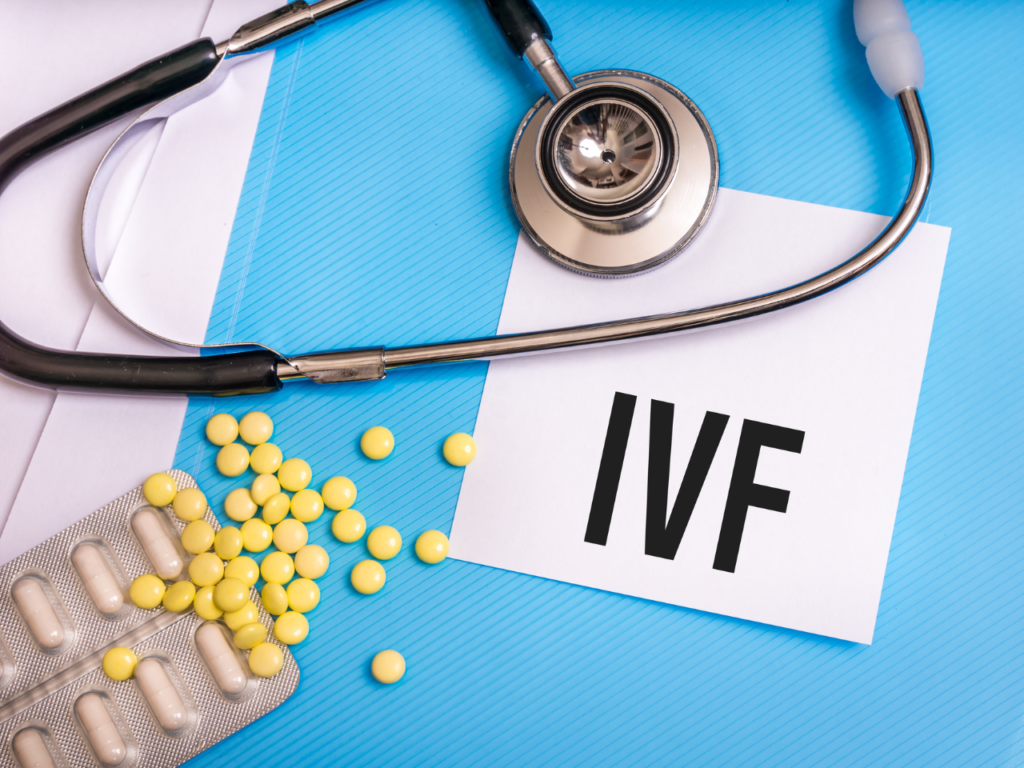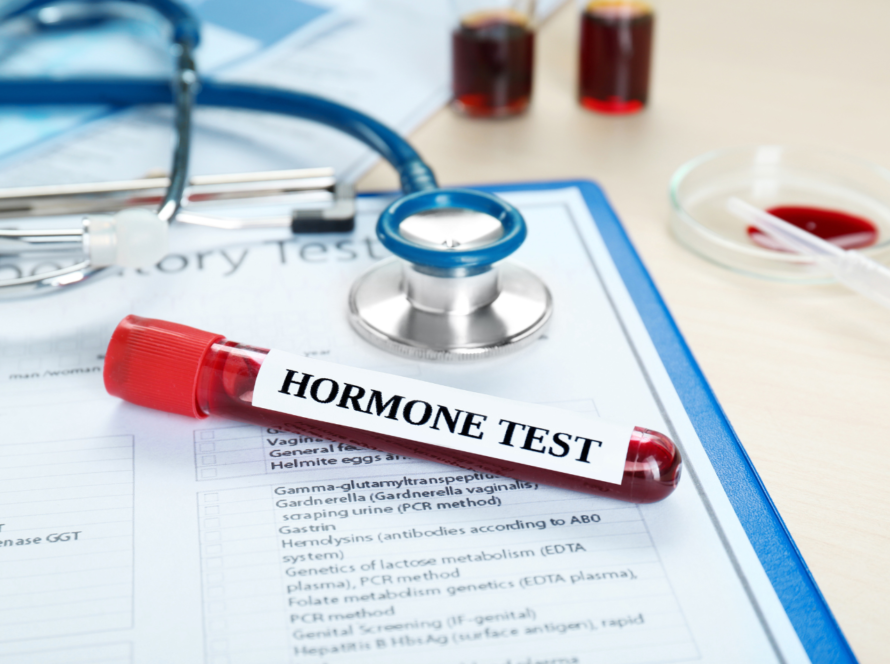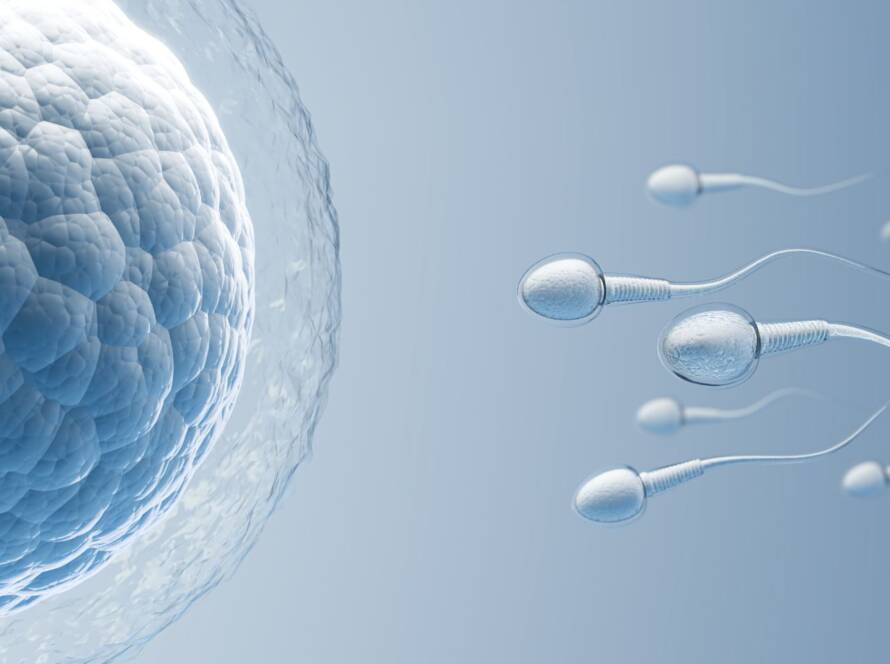In vitro fertilization (IVF) has given hope to millions of couples worldwide who are struggling to conceive naturally. However, age plays a crucial role in determining the success of IVF treatment. Women’s fertility naturally declines as they age, which impacts the quality and quantity of eggs.
At Mithran Fertility Center, Chidambaram, we help couples make informed decisions about the best age for IVF treatment to maximize their chances of success. This blog explores the ideal age for IVF, how age impacts success rates, and alternative solutions for older couples.
How Age Affects Fertility in Women and Men
Women and Fertility Decline
Women are born with a fixed number of eggs (around 1-2 million at birth), which gradually decrease in quantity and quality over time. By the time a woman reaches her 30s, the ovarian reserve declines significantly, and by 40, the chances of natural conception drop below 5%.
✔️ Best Reproductive Years: Women in their 20s have the highest number of healthy eggs, making it the ideal period for conception.
✔️ Age 35 and Above: Egg quality and quantity drop sharply after 35, reducing the likelihood of successful fertilization and implantation.
Men and Sperm Quality Decline
While men produce sperm throughout their lifetime, sperm quality and motility decrease with age. Older men may experience:
✔️ Reduced Sperm Count
✔️ Lower Motility
✔️ Increased DNA Fragmentation
What Is the Best Age for IVF Treatment?
Ideal Age Range for IVF: 25 to 35 Years
For women, 25 to 35 years is considered the optimal age for IVF, with the highest chances of a successful pregnancy. During this period:
✅ Higher Egg Quality: Better embryo development and implantation.
✅ Lower Risk of Miscarriage: Healthier embryos reduce the risk of pregnancy loss.
✅ Better Response to Ovarian Stimulation: Higher chances of retrieving multiple mature eggs.
Success Rates of IVF at Different Ages
1. IVF Success Rates in the 20s
Women in their 20s have the highest IVF success rates because they produce high-quality eggs.
Success Rate: 50-60% per cycle.
Low risk of genetic abnormalities.
Tip: If you are below 30 and facing fertility challenges, IVF can offer a high chance of success.
2. IVF Success Rates in the Early 30s (30-35 Years)
The success rate remains high in the early 30s, although the ovarian reserve starts to decline gradually.
Success Rate: 45-50% per cycle.
Increased risk of mild egg quality decline after 33.
Tip: Women between 30-35 considering delaying pregnancy can consider egg freezing to preserve fertility.
3. IVF Success Rates in Late 30s (35-40 Years)
By the late 30s, egg quality declines significantly, affecting fertilization and implantation rates.
Success Rate: 30-35% per cycle.
Increased risk of miscarriage and chromosomal abnormalities.
Tip: Consider preimplantation genetic testing (PGT) to identify genetically normal embryos.
4. IVF Success Rates After 40 Years
Women over 40 experience a steep decline in success rates due to poor egg quality and reduced ovarian reserve.
Success Rate: 10-20% per cycle.
Higher chances of requiring donor eggs or advanced techniques like ICSI (Intracytoplasmic Sperm Injection).
Tip: Women above 40 can consider donor eggs or embryo donation to increase the chances of a successful pregnancy.
Challenges and Risks Associated with Delayed IVF Treatment

1. Poor Egg Quality
As women age, eggs accumulate genetic mutations, leading to poor embryo quality and higher chances of miscarriage.
2. Increased Risk of Miscarriage
Women above 40 have a higher risk of miscarriage and pregnancy complications due to chromosomal abnormalities.
3. Low Ovarian Response
Older women may have a low response to ovarian stimulation, resulting in fewer eggs retrieved during IVF.
4. Higher Risk of Birth Defects
Chromosomal abnormalities increase with age, leading to a higher risk of birth defects such as Down syndrome.
Options for Older Women to Improve IVF Success
1. Egg Freezing (Oocyte Cryopreservation)
Women in their 20s and early 30s can freeze their eggs to preserve fertility and increase the chances of a successful pregnancy later.
2. Donor Eggs
For women with poor egg quality or diminished ovarian reserve, using donor eggs increases the chances of a healthy pregnancy.
3. Preimplantation Genetic Testing (PGT)
PGT screens embryos for genetic abnormalities before implantation, improving success rates for older women.
4. Intracytoplasmic Sperm Injection (ICSI)
ICSI involves injecting a single sperm directly into the egg, enhancing fertilization success in cases of poor sperm quality.
Why Choose Mithran Fertility Center for IVF Treatment?
At Mithran Fertility Center, Chidambaram, we offer:
✅ Personalized IVF Treatment Plans
✅ Advanced Embryo Screening Techniques (PGT, ICSI)
✅ Egg Freezing and Donor Egg Options
✅ High Success Rates Across All Age Groups
Success Stories from Mithran Fertility Center
💬 Radhika & Arun: “We started IVF at 32 and were blessed with a healthy baby after one successful cycle. Thanks to Mithran Fertility Center for their excellent care!”
💬 Meenakshi & Ravi: “After trying IVF at 39, we faced multiple challenges. With personalized treatment and PGT screening, we finally welcomed our miracle baby.”
FAQs
The best age for IVF is between 25 to 35 years, with higher success rates and lower risks of complications.
Yes, but the success rates are lower. Women above 40 may benefit from donor eggs or PGT to improve outcomes.
Egg quality and quantity decline after 35, leading to reduced chances of conception and increased risk of genetic abnormalities.
Yes, egg freezing allows women to preserve their eggs during their most fertile years for future use.
IVF success rates for women in their early 30s range between 45-50% per cycle.
Conclusion: Fuel Your Fertility Naturally!
Understanding the best age for IVF treatment and knowing your options can significantly improve your chances of a successful pregnancy. Whether you’re in your 20s or 40s, Mithran Fertility Center, Chidambaram, is here to guide you every step of the way.
📞 Contact us today for a consultation and take the first step toward parenthood!




